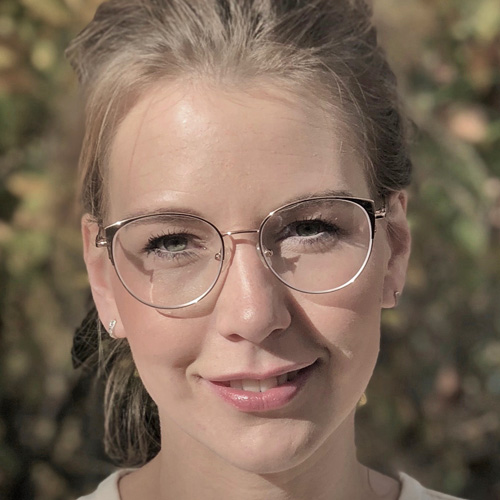Agenda
The workshop takes place at the Eastern Switzerland University of Applied Sciences Mensch und Computer Conference 2023
9:00-9:20 Welcome and Onboarding
9:20-10:15 Invited Talk 1
10:15-10:30 Coffee Break
10:30-12:00 Paper Presentation
12:00-13:00 Lunch Break
13:00-13:55 Invited Talk 2
13:55-14:00 Break
14:00-15:30 Paper Presentation and Discussion
15:30-16:00 Coffee Break
16:00-17:00 Panel Discussions on Research Challenges, & Emerging Trends and Future Directions
Invited Talks
Slow yet Steady: Interaction for Intelligent Micromobility in Urban Environments
Andrii Matviienko is an assistant professor in computer science with a specialization in human-computer interaction at KTH Royal Institute of Technology, Sweden. His research focuses on assistive technology in urban environments. He designs, constructs, and evaluates multimodal and mixed reality interfaces for vulnerable road users. In particular, he investigates how to make evaluation environments for micromobility safe and realistic, and what future micromobility, such as self-driving bicycles, might look like. In addition, he focuses on how adult and child cyclists interact with assistance systems designed for collision prevention, navigation, and traffic behavior recommendations.
Organizers and Committee
The Program Committee reflects the interdisciplinary aspects that are addressed in the Workshop on Smart Urban Micromobility. Currently, there are 7 confirmed Program Committee members who will review submissions and support the organization of the workshop.
Programm Committee
Elisabeth André
,
Augsburg University, Augsburg, Germany
Paul Lukowicz
,
German Research Center for Artificial Intelligence, Kaiserlautern, Germany
Linglong Meng
,
German Research Center for Artificial Intelligence, Berlin, Germany
Alain Pagani
,
German Research Center for Artificial Intelligence, Kaiserslautern, Germany
Christian Rudolph
,
Technical University of Applied Sciences Wildau, Wildau, Germany
Tamara von Sawitzky
,
Technische Hochschule Ingolstadt, Ingolstadt, Germany
Esther Zahn
,
German Research Center for Artificial Intelligence, Berlin, Germany




